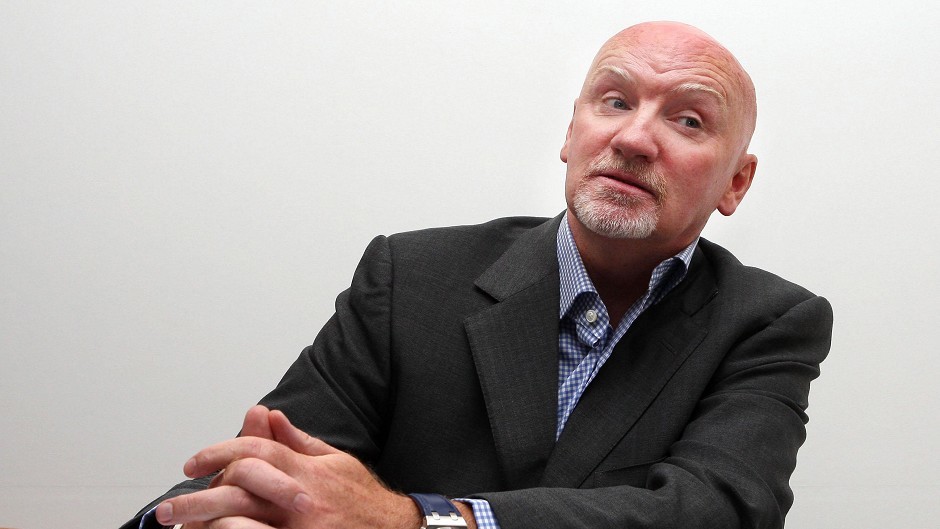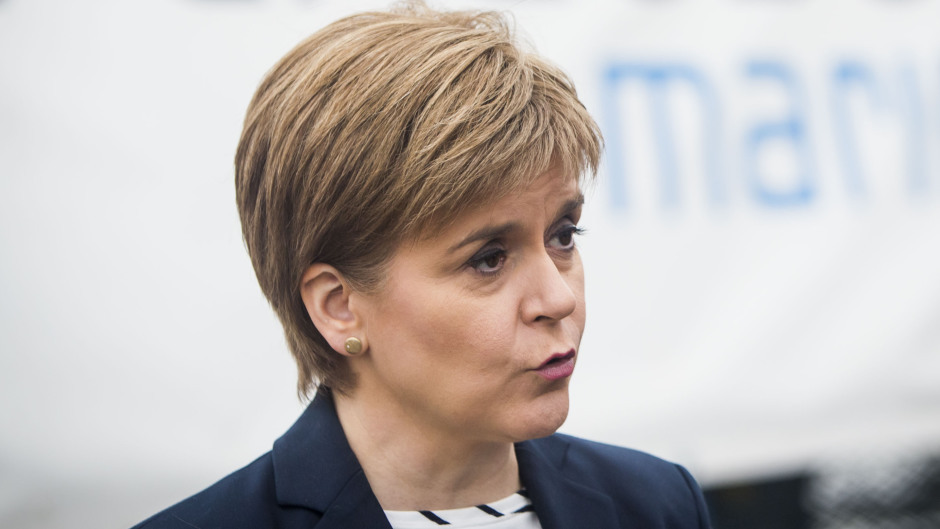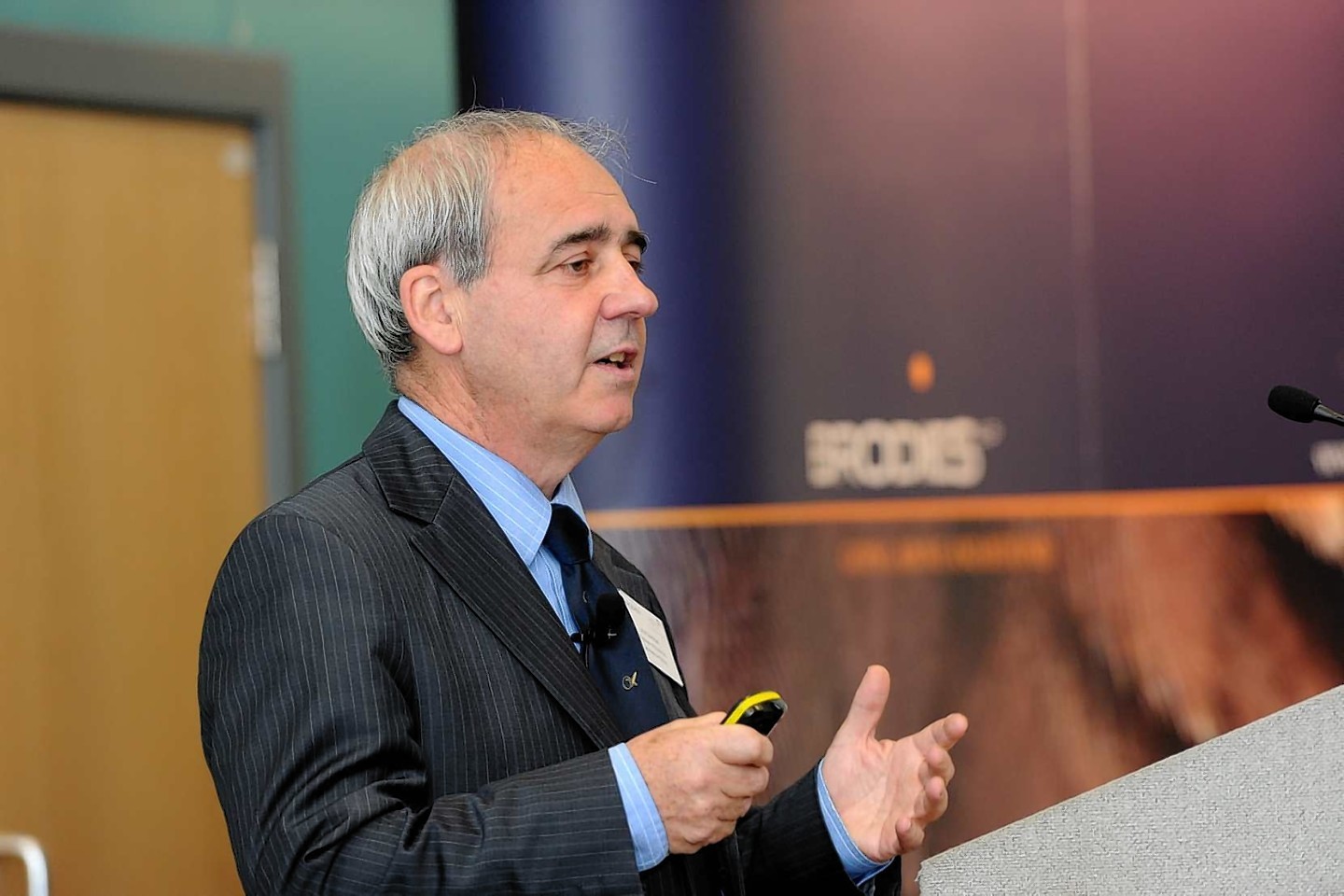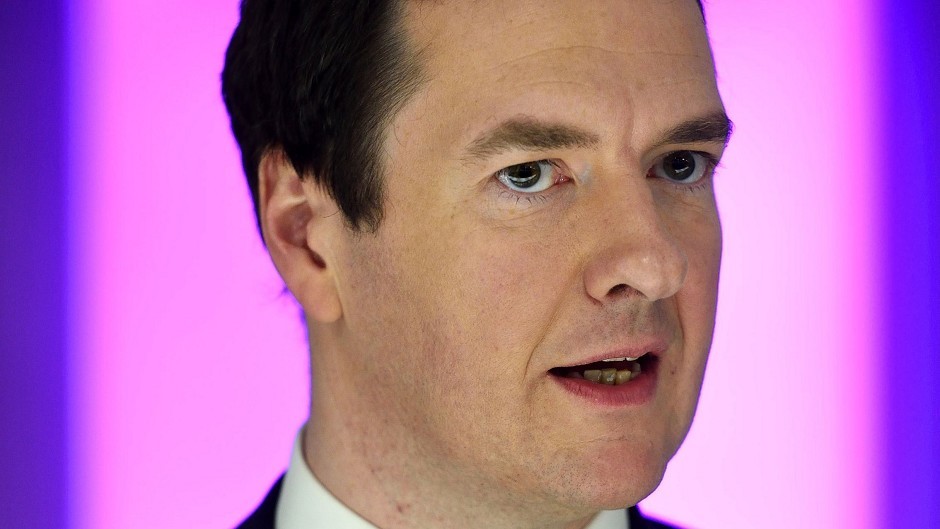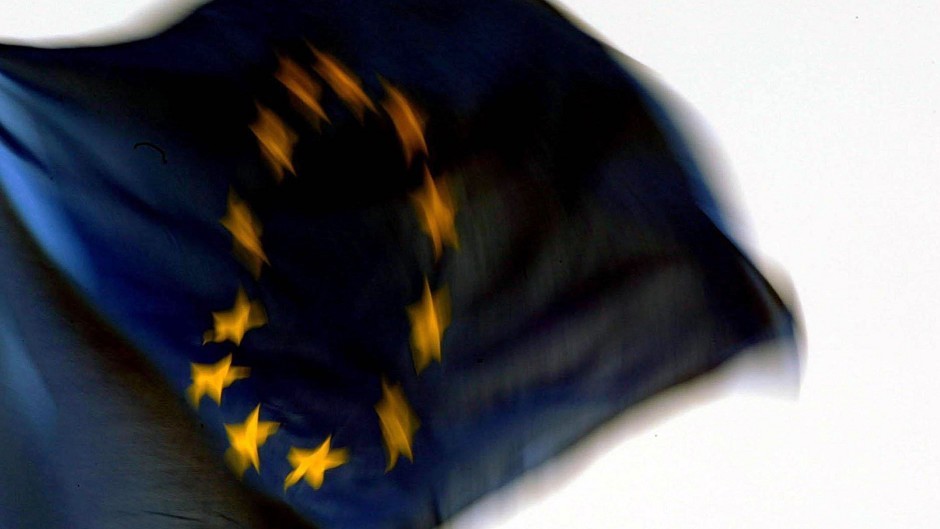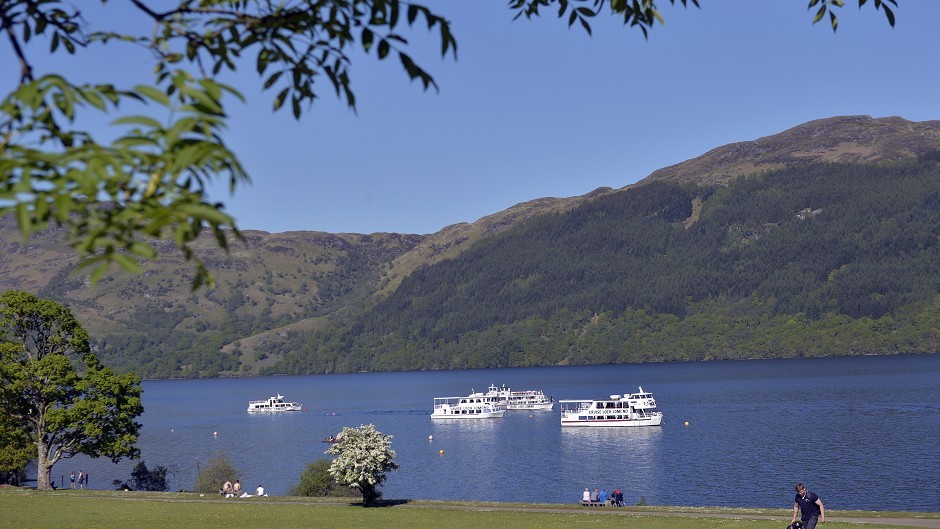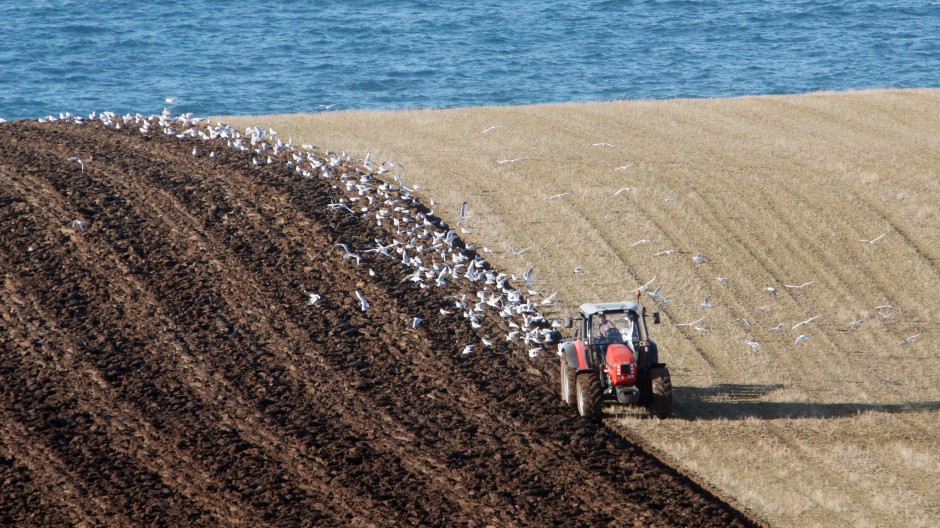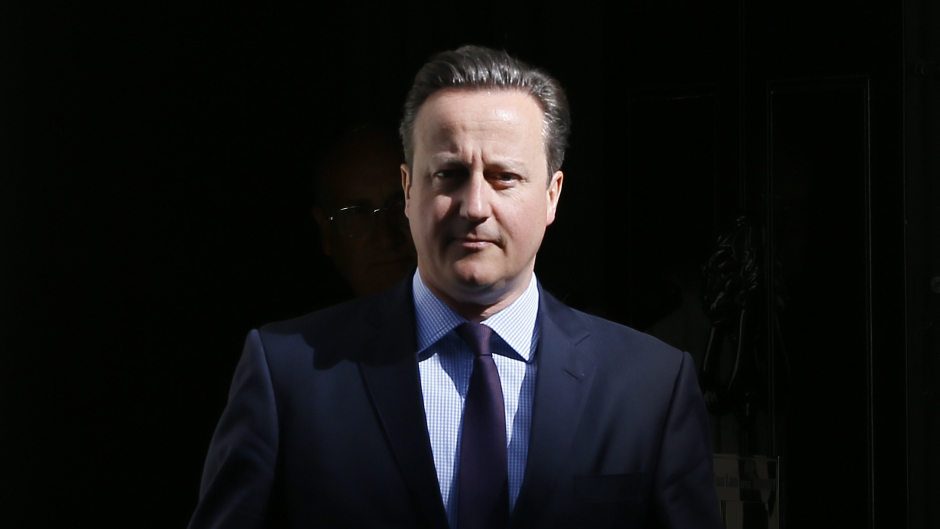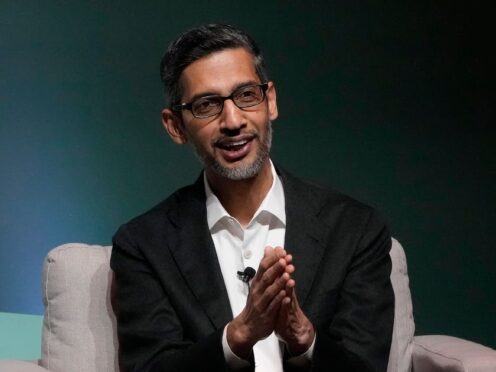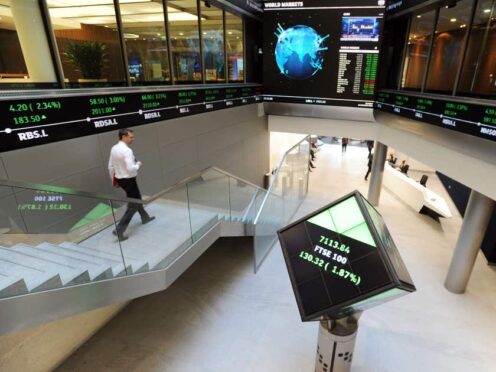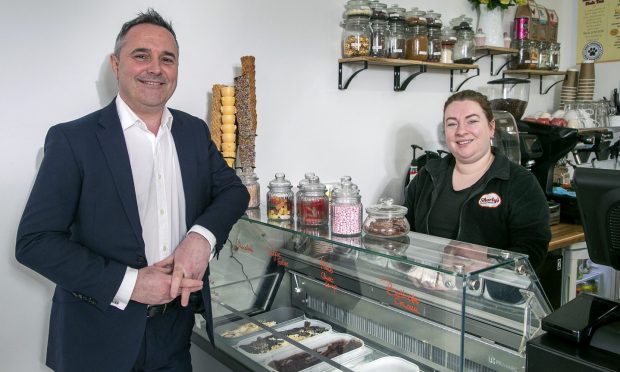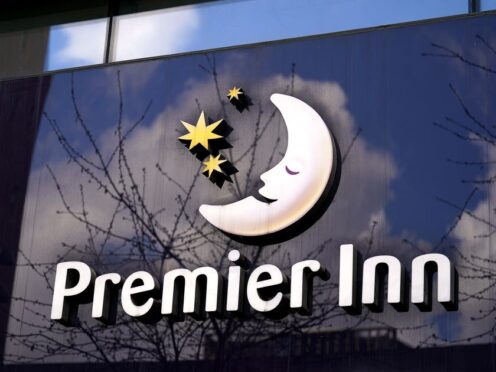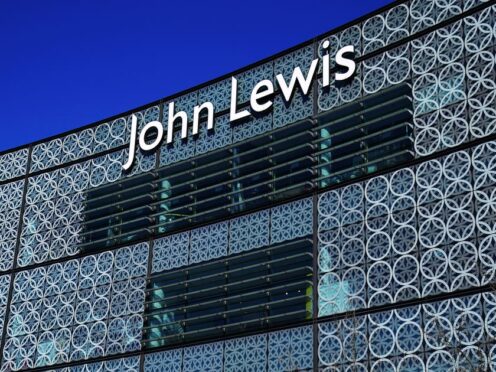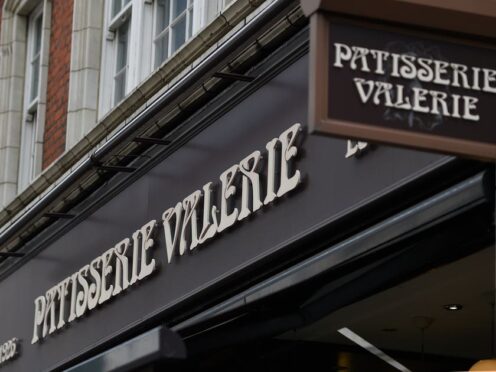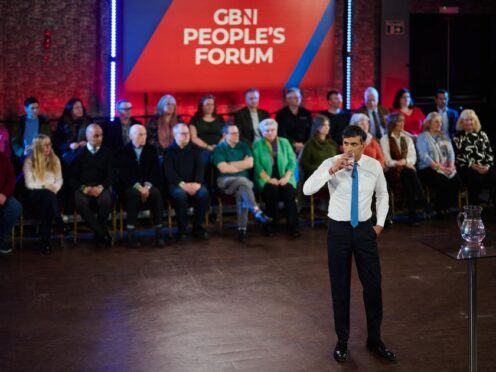Scottish billionaire Sir Tom Hunter founded a website offering impartial information in the run-up to the independence referendum.
Now he’s joining the EU debate with a free book – Britain’s Decision: Facts and Impartial Analysis.
Unwilling to leave it to the politicians alone to inform the public, The Hunter Foundation – with the David Hume Institute and Centre on Constitutional Change – has commissioned a thorough examination of the key questions facing voters.
Sir Tom says he hopes the book will play a part in removing some of the “obfuscation, hyperbole and bluster” from the debate.
Let’s look at nine facts according to the book…
1. The outcome of the EU referendum could reignite the Scottish independence debate, but Scotland may not be the only driver of change within the UK
Charlie Jeffery, professor of politics and senior vice-principal at the University of Edinburgh, says if England votes around 54% in favour of Brexit, an overall leave outcome will be likely even if Scotland and Northern Ireland are for remaining – due to the weight of English numbers. This could constitute the “material change” Nicola Sturgeon requires to kick start Indy Ref 2.
Equally, a slimmer English majority – around 51-52% – could be outweighed by the clear preference in Scotland and Northern Ireland to stay, according to Prof Jeffery. This could prompt complaints about England being kept in the EU against its will. In turn, English nationalists could be the ones identifying a material change.
He says if everyone votes in line with the average of the polls in the last months, the UK will “just about” remain in the EU with no part of the country opposing that decision.
2. Norway and Switzerland – both nominally outside the EU – make a net contribution to the EU budget as part of their free trade deals
According to the House of Commons library, Norway contributed around £106 per capita in 2011, while the figure for Switzerland is about £53.
David Bell, professor of economics at the University of Stirling, says the net contribution of each UK citizen to the EU budget is therefore not much higher than that of people in Norway, despite the fact they are not members of the EU.
3. The US is Scotland’s top international export destination
Prof Bell notes Scotland’s GDP per head is exactly equal to the EU average, while that of the UK as a whole is a little higher.
He says it is striking that even though Scotland is part of the EU single market, the
US is Scotland’s top international export destination. The weakness of exports to the EU may reflect the overall weakness of the European economy, he adds, as well as the strength of the pound and competition from other markets.
He concludes that even though foreign direct investment in Scotland is reasonably buoyant, it is not being used to make Scotland a platform for accessing EU markets in the same way that occurs in Ireland.
4. EU migrants in Scotland are less likely than natives to be supported by the welfare system
Prof Bell says Scotland – like the rest of the UK – has received an influx of EU migrants since 2004 following the accession of a number of former Soviet bloc countries. They have boosted Scotland’s population, which has now reached 5.3 million, its highest level since records began.
Most economic research suggests they boost economic growth, make a substantial contribution to public services through the taxes they pay and are less likely to rely on welfare than natives. They have also only had modest effects on the employment and conditions of native-born workers, according to the professor.
EU foreigners make up a significant proportion of the population in Scotland’s more prosperous cities. Aberdeen and Edinburgh have a higher share of EU migrants than many large English cities outside London.
5. Scotland’s balance sheet with the EU – what it contributes and gets back – is broadly in balance
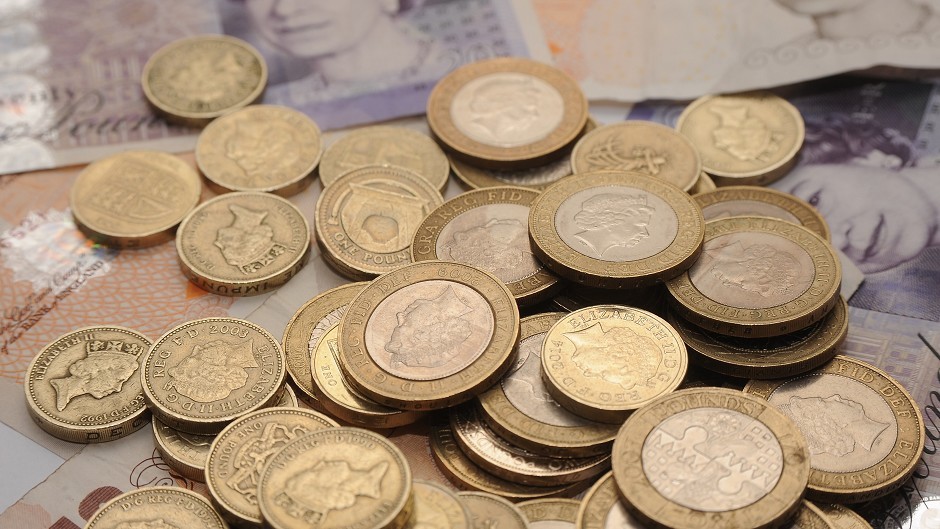 Scotland’s balance sheet with the EU is broadly in balance
Scotland’s balance sheet with the EU is broadly in balance
In the past, Scotland was a net beneficiary of EU largesse but this is no longer the case for a number of reasons, including a halt in the growth of the EU Budget.
The fact Scotland’s goods and labour market are not as heavily integrated with the EU as the rest of the UK and its exports is another factor, says Prof Bell.
He adds Scotland’s account with the EU is broadly in balance and relatively small in relation to both its deficit with the rest of the UK and the size of the trade flows between Scotland and Europe.
6. Brussels, Westminster and Holyrood all play a role in making our laws
Tobias Lock, lecturer in EU law at the University of Edinburgh, says in what precise fields and to what extent depends on the competence of each government. EU law takes primacy over conflicting national law, which means neither Westminster nor Holyrood is allowed to legislate contrary to it.
The House of Commons library suggests that from 1997 to 2009, 6.8% of acts of parliament and 14.1% of statutory instruments had a role in implementing EU law. But Mr Lock argues these numbers do not represent a complete picture as they say little about the extent to which these pieces of legislation are determined by EU law or their qualitative impact on sovereignty. Not all laws are of equal importance, he argues.
Mr Lock concludes – looking at the quality of EU laws and their effect on everyday life – those made in Brussels have some impact in the UK, but that the UK, and Scotland, have by no means completely surrendered all law-making powers.
7. In the event of Brexit, tourism might suffer from fewer EU citizens coming to the UK and higher costs, but staycations could become more attractive to Scots and English visitors
John Lennon, assistant vice-principal and director of the Moffat Centre for travel and tourism business development at Glasgow Caledonian University, says continued membership or exit will impact on tourism.
He argues the uncertainty following a majority vote for Brexit would impact on the value of sterling and the value of Scottish tourists’ spending money in overseas destinations. By default, this could increase the appeal of staycations.
But he ultimately concludes the tourism-generating market of the EU is “too important to compromise” and points to the increased costs Scottish outbound holidaymakers would face.
8. The current problems and challenges facing both the UK’s farming and fishing industries would not automatically be resolved by a Brexit
Research professors Caitriona Carter and Andy Smith, at Irstea Bordeaux and the University of Bordeaux respectively, point to the interdependent nature of the industries and their markets.
They say policy solutions would still require to be negotiated with other European countries and the EU.
They also found most farm leaders prefer to negotiate within the EU, while their counterparts in the fisheries are either ambivalent or undecided.
9. In or out of the EU, the UK would be able to influence others and would remain an important European actor.
International clout is by no means guaranteed, says Juliet Kaarbo, senior politics and international relations lecturer at the University of Edinburgh.
She says in or out of the EU, the UK will need to work with others to meet foreign policy challenges.
She argues the choice for UK voters is about the context in which they want the country to try to exercise influence – not whether more or less will be had in or out of the EU.
For a copy of the book, visit www.thehunterfoundation.co.uk
